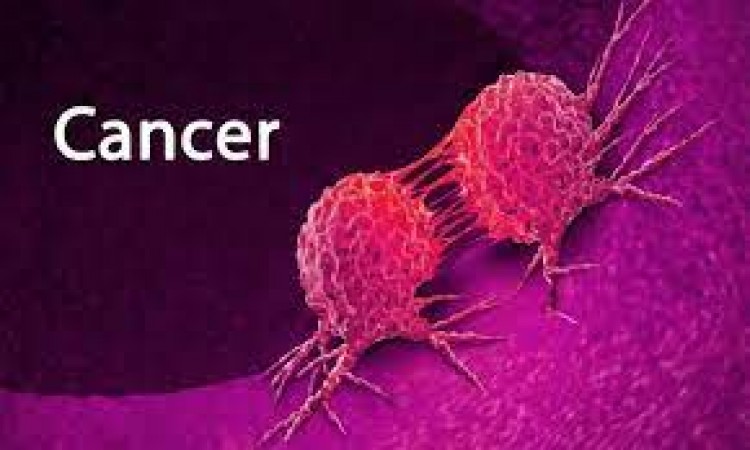
"Cancer" is a term that can evoke fearful dreams for anyone. Despite numerous advancements in the field of medicine, cancer remains a life-threatening disease. Early detection of cancer can make treatment easier and significantly increase the chances of survival. However, there are instances when cancer goes unnoticed until it reaches an advanced stage, making it difficult to save the patient. Causes of cancer range from poor lifestyle choices, smoking, exposure to radiation, contact with certain chemicals, to genetic factors.
If there is a family history of cancer (parents or grandparents having had cancer), the risk may extend to subsequent generations. This means that if someone in the family has had cancer, the risk increases for future generations, especially in the first generation (children of parents). Therefore, it is crucial to be mindful of certain factors to prevent this life-threatening disease.
Genetic Testing:
Schedule a Genetic Test: If there is a family history of cancer, especially among close relatives, consider scheduling a genetic test.
Consultation with Genetic Counselor: Seek guidance from a genetic counselor who can help interpret the results and provide insights into the risk factors associated with your family history.
Informed Decision-Making: Based on the test results, make informed decisions about preventive measures and early detection strategies.
Family Considerations:
Open Communication: Foster open and honest communication within the family about the history of cancer. Encourage discussions about family members' experiences and any potential genetic predispositions.
Emotional Support: Recognize the emotional impact a family history of cancer can have. Offer support to one another, and consider seeking counseling or support groups to navigate the emotional challenges together.
Regular Health Check-ups:
Routine Medical Examinations: Ensure regular health check-ups for all family members, especially those with a family history of cancer.
Proactive Approach: Adopt a proactive approach to health by scheduling routine screenings and tests as recommended by healthcare professionals.
Lifestyle Choices:
Healthy Eating Habits: Emphasize a balanced and nutritious diet with an abundance of fruits, vegetables, and whole grains. Minimize the consumption of processed foods and focus on maintaining a healthy weight.
Avoidance of Risk Factors: Encourage family members to steer clear of known risk factors such as smoking, excessive alcohol consumption, and exposure to harmful chemicals.
Physical Activity:
Incorporate Regular Exercise: Promote a lifestyle that includes regular physical activity. Encourage family members to engage in activities such as walking, jogging, or participating in fitness classes.
Family Fitness: Make physical activity a family affair by participating in group exercises or outdoor activities together.
Regular Health Monitoring:
Vigilance for Symptoms: Stay vigilant for any unusual symptoms or changes in health, such as unexplained weight loss, persistent pain, or changes in bodily functions.
Prompt Medical Attention: In case of any concerning symptoms, advocate for prompt medical attention. Early detection is crucial in managing and treating cancer effectively.
Educational Initiatives:
Awareness Programs: Stay informed about cancer prevention and awareness programs. Participate in educational initiatives that provide valuable information on early detection and lifestyle choices.
Empowerment through Knowledge: Empower family members by educating them about the importance of early detection, healthy living, and available resources for support.
By implementing these precautions, families can navigate the challenges of a cancer history with resilience and a proactive approach towards health and well-being.
In conclusion, while cancer remains a formidable adversary, adopting a proactive approach by considering genetic testing, being mindful of family history, maintaining a healthy lifestyle, and staying physically active can go a long way in reducing the risk of developing this life-threatening disease. Early detection remains a crucial factor, and being vigilant about potential symptoms can make a significant difference in the outcome.
Discover How Music Alleviates Various Ailments
India's Remarkable Achievements: A Glance at Bharat Ki Baat @2023
Kerala Health Minister Orders Probe Following Doctor's Suicide Case